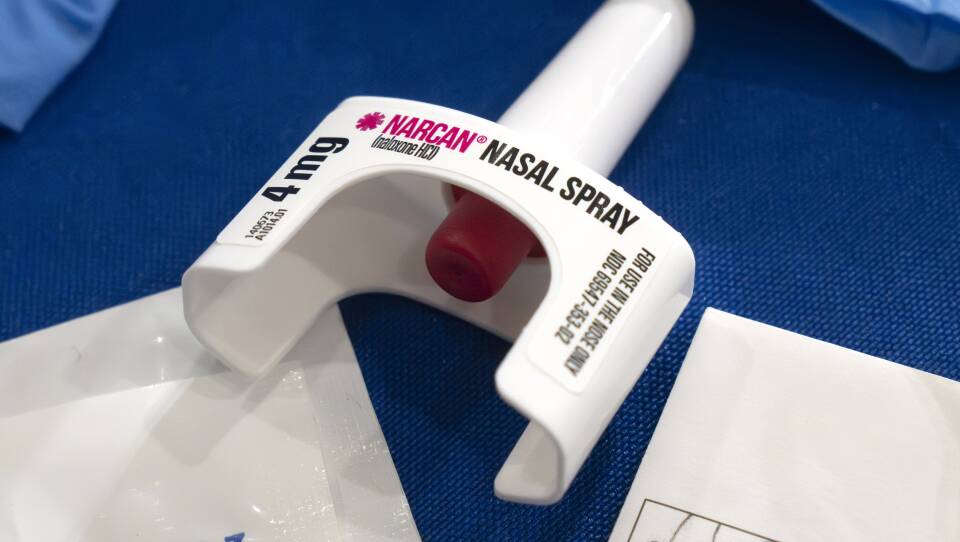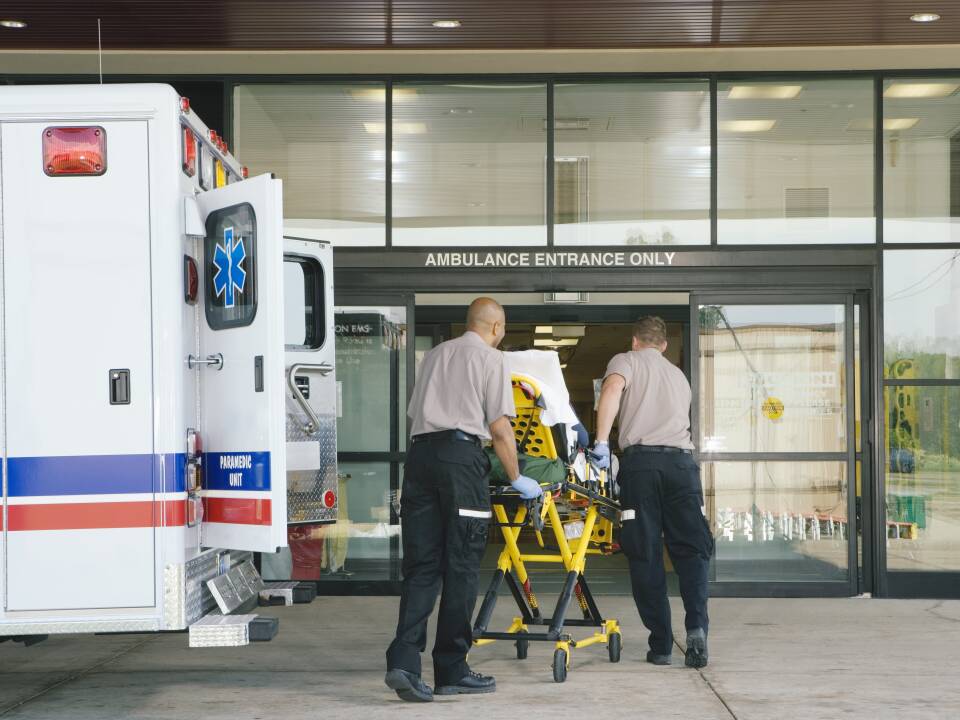Worcester health officials say at least two recent blood tests of people who’ve overdosed have detected traces of an animal tranquilizer mixed with fentanyl. However, they don’t know yet whether the mixture is responsible for a current spike in overdoses.
The tranquilizer, medetomidine, slows people’s heart rate and breathing to dangerously low levels. There haven’t been any confirmed instances of it mixed with opioids elsewhere in Massachusetts, but the sedative has been linked to overdose outbreaks in other cities like Chicago and Philadelphia.
In Worcester, Commissioner of Health and Human Services Matilde Castiel says overdoses are currently up 75% compared to the same time last year. More testing is necessary to determine whether medetomidine is fueling the higher rates, but there’s no way for users themselves to test their drug supply for the animal tranquilizer.
“I hope that it’s just a fluke,” Castiel said, adding that the medetomidine could stem from a “bad batch” of opioids. “For us, we keep working. We keep trying to figure out how we get people into treatment, how to follow people and how to get people into housing.”
Officials at UMass Memorial Health discovered the presence of medetomidine after noticing some unusual symptoms as people overdosed. Patients usually have high heart rates and blood pressure after they receive the opioid reversal drug naloxone, often known by its brand name Narcan. But in a few recent cases, health workers saw some people with significantly low vital signs that necessitated additional treatment to bolster their blood pressure.
Medetomidine is similar to xylazine, an animal tranquilizer that has been detected in drugs across Massachusetts. However, Brandeis University epidemiologist Traci Green says medetomidine is 200 to 300 times more potent and small amounts may be enough to leave people sedated for a while.
“They may listen and hear but not be able to physically move as much because of the sedating effects. So it may look like they’re still overdosing,” Green said. “It’s really important to check their breathing.”
If they’re not breathing enough, she said the brain won’t get the oxygen it needs, which could lead to death or injuries.
Green added treatment for overdoses involving medetomidine should still involve Narcan. But health workers should be careful not to mistake sedation for an overdose because that could lead them to administer too much Narcan, which would be painful for patients. Hospitalization could also be needed to treat the lower heart rates.
Medetomidine “makes the [drug] supply even more unpredictable, more toxic and more harmful,” Green said. “That is a headache that no hospital system, no human, no community should have to deal with long term.”









